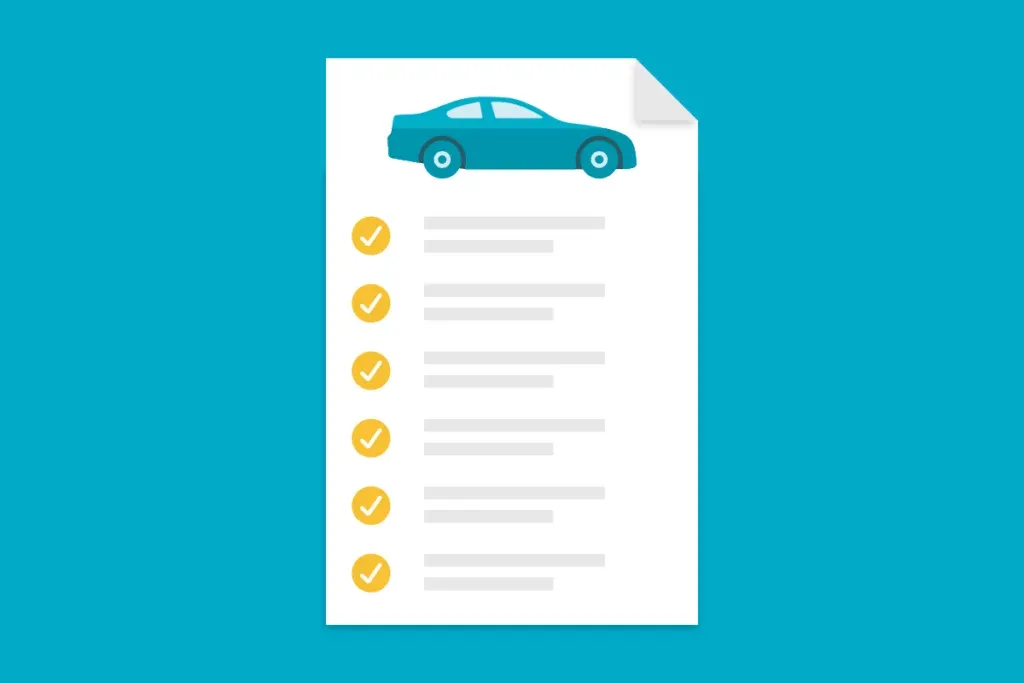As a business owner or manager, providing your employees with company cars can be a great way to attract and retain top talent, even though it involves handling the company car tax, while also providing a valuable perk.. However, implementing a company car policy is essential to ensure that the use of company cars is safe, efficient, cost-effective and in compliance with the law. This post explores the key elements of company car policies and why it’s important to have one in place.
What is a Company Car Policy?
A company car policy is a set of rules and guidelines that govern the use of company vehicles by employees. This policy outlines the terms and conditions under which employees may use company vehicles, as well as the responsibilities of both the employer and the employee.

A well-written company car policy should cover a wide range of issues, including who is eligible for a company car, the types of vehicles available, how vehicles are allocated, how drivers are authorised and trained and how maintenance and repairs are handled.
Why is a Company Car Policy Important?
There are many benefits to having a company car policy in place. First, it can help to reduce the risk of accidents and injuries on the road by ensuring that employees are properly trained and authorised to drive company vehicles. Additionally, it can help to prevent the misuse of company vehicles, such as unauthorised use for personal purposes.
A company car policy can also help to manage costs associated with company cars. This can include fuel costs, maintenance and repair costs and insurance costs. By having clear guidelines on the use of company vehicles, employers can ensure that these costs are managed efficiently and effectively.
Key Elements of a Company Car Policy UK
Eligibility and allocation
The company car policy should clearly outline who is eligible for a company car and how vehicles are allocated. This may include factors such as job role, level of seniority and the amount of business travel required.
Vehicle selection
The policy should also outline the types of vehicles that are available for employees to use, including guidelines on vehicle size, fuel efficiency and emissions levels.
Authorised drivers
Stating who is authorised to drive company vehicles is another important aspect of company car policy, as well as the requirements for obtaining authorisation. Such requirements can include a valid driver’s license, a clean driving record and the completion of a driver training program.
Personal use
The policy will typically address whether or not employees are permitted to use company vehicles for personal purposes. If personal use is allowed, the policy will outline any restrictions or limitations.
Maintenance and repairs
Guidelines on how maintenance and repairs for company vehicles are handled are often part of the policy. Such guidelines cover procedures for routine maintenance, repairs for damages and who is responsible for paying for maintenance and repairs.
Insurance
An essential aspect of the policy is the insurance coverage for company vehicles, including requirements for minimum levels of coverage, how insurance claims are handled and who is responsible for paying insurance premiums.
Company Car Allowance Policy
In addition to providing company cars, some employers may choose to offer a company car allowance instead. This is a payment made to employees in lieu of a company car, which they can use to purchase or lease their own vehicle.
A company car allowance policy should cover many of the same elements as a company car policy, including eligibility and allocation, vehicle selection, authorised drivers and insurance. However, it may also include additional details on how the allowance is calculated, how it is paid and any limitations on the types of vehicles that may be purchased or leased. These limitations often include insurance providers, with an approved car policy company being a requirement.
Conclusion
Company car policies are essential for any business that provides employees with company vehicles or car allowances. By outlining clear guidelines on the use of company vehicles, employers can ensure that the use of these vehicles is safe, efficient and cost-effective.
Sources:
Disclaimer
This content is provided for informational purposes only and is not meant to be an endorsement or representation by FleetGO.com or any other party. This information may contain inaccuracies or typographical errors, despite our efforts to ensure accuracy. FleetGO.com accepts no responsibility or liability for any errors or omissions, and is not responsible for the contents of any linked website or any link contained in a linked website. Please refer to our full disclaimer for more details.


